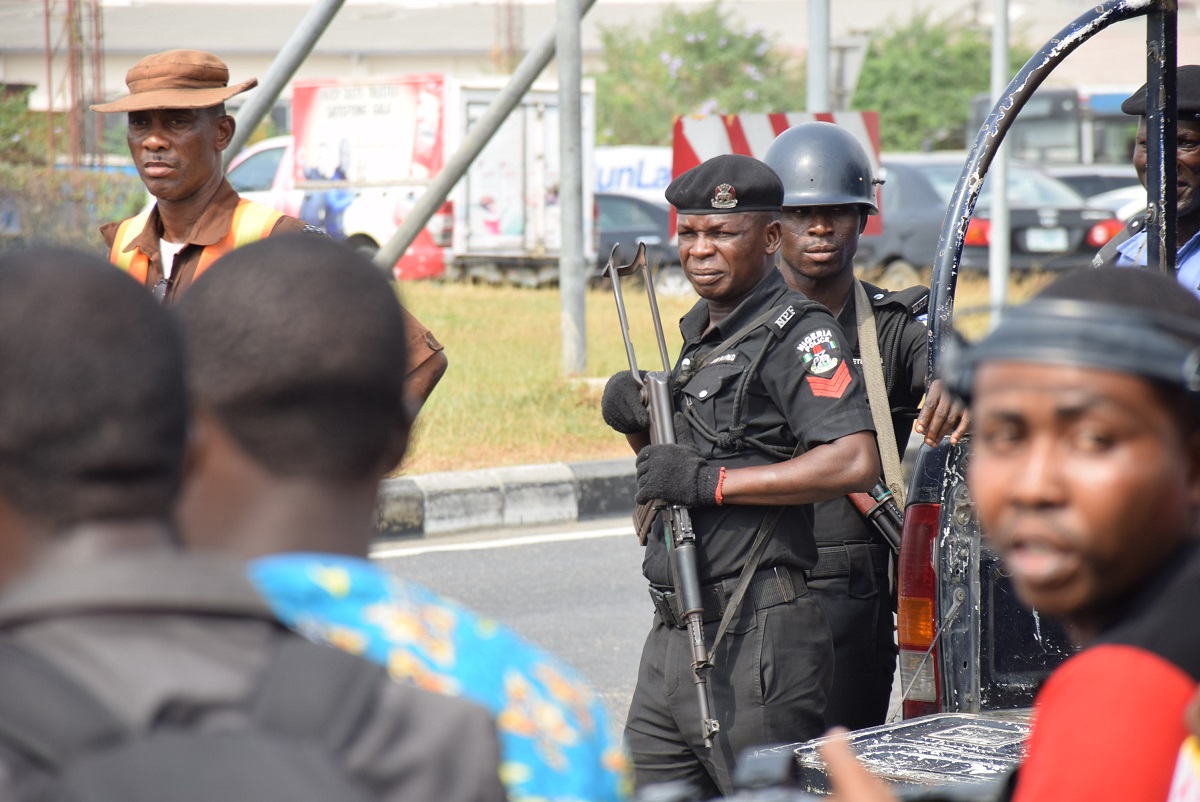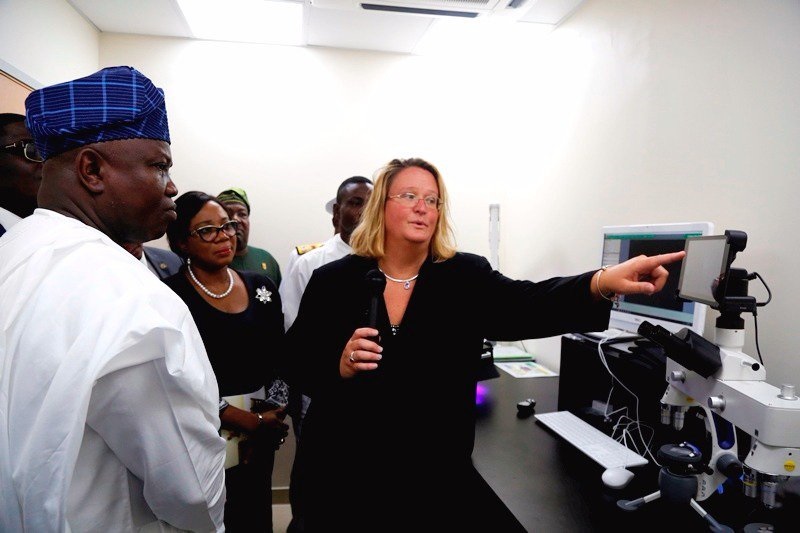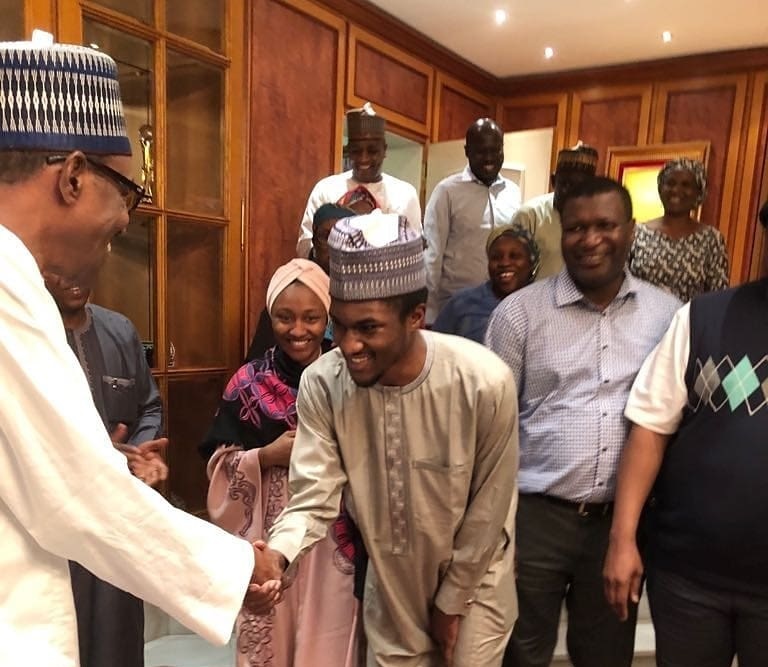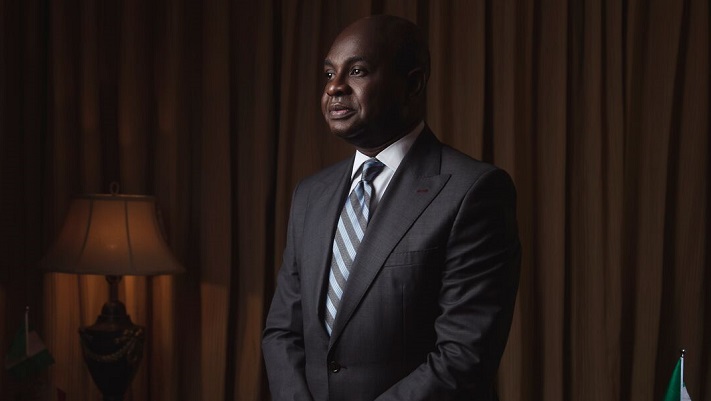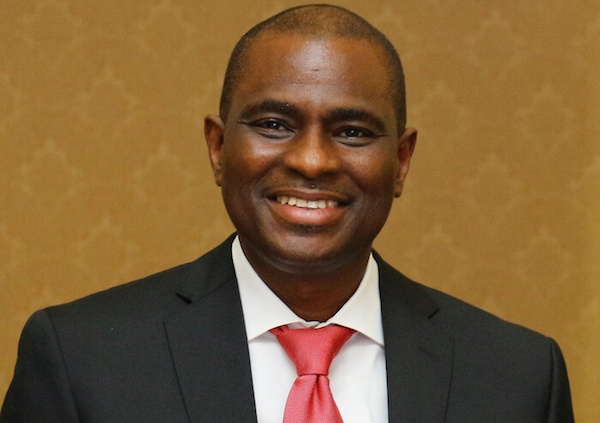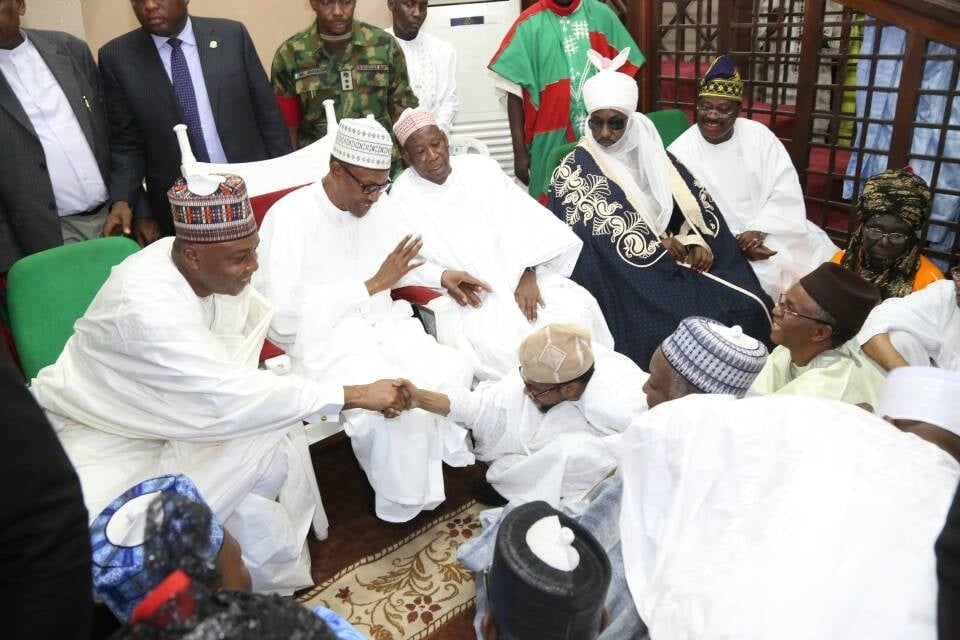BY RAJI BELLO
The long-running agitation for state police in Nigeria received a big boost recently when the Vice-President Professor Yemi Osinbajo endorsed it at a security summit organised by the National Assembly in Abuja. According to him, “we cannot realistically police a country the size of Nigeria centrally from Abuja.”
The Vice-President recognised that the security challenges of the country were complex and nuanced and that securing the country’s over 900,000 square kilometres and 180 million people required far more men and materials than we have at the moment. A few days later, state governors under the auspices of the Nigeria Governors’ Forum strongly backed the Vice-President’s position. These developments have re-energised the national debate on the merits and demerits of state police.
While many Nigerians describe it as a necessary idea whose time has come, others are wary of the implications of letting state governors have their own police forces at this stage of our national development and under our current internal political and fiscal structure. Those who canvass this position easily point to the tight control that state governors wield over State Electoral Commissions and the hugely one-sided results that are turned in after local government elections in the states.
There is a fear that state police forces could also be used in the same manner by governors to snuff out opposition parties from the political space and discriminate against non-indigenous residents. A possible way forward on the matter is to forge a compromise between the two positions i.e. to establish state police but with the appropriate safeguards that will ensure that it is not abused by state governors.
Advertisement
As the national debate continues, we need to pause and determine exactly what we are talking about; is it a state police that will be controlled collectively within a state and that will work for the people or one that will be directly answerable to, and will be an instrument in the hands of the governor? In my view, state police should not be established in isolation under the current system but as part of the implementation of full federalism.
Under the current hybrid federal/unitary system where state governments are financially dependent on the centre and local governments are mere appendages of state governments, there is a lot at stake for governors in the politics of states and local governments and consequently a strong possibility that state police forces that are controlled by governors could be applied in suppressing political opposition and discriminating against non-indigenous residents.
Under a full political and fiscal federalism however, there will be more merit, productivity and accountability in the governance of the states since state governments will mostly have to raise their own revenue to survive. There will hopefully be less corruption and abuse of office and a lot less at stake for governors during electoral contests. Also, the need to raise revenue from taxation means that non-indigenous residents will be better tolerated and appreciated and the chance that a state police could be used to discriminate against them will be less.
Advertisement
The second safeguard against abuse is to not place the state police forces under the direct control of governors. No chief executive, federal or state, should be allowed to directly control the police. A new framework should be worked out for both federal and state police forces which will place them under the collective control of elected representatives in the federal and state legislatures.
Police service commissions at state and federal levels, which are answerable to the respective legislative houses, should handle all appointments and other staff matters for the police forces. Some may argue that since governors do informally control the state assemblies at the moment, they could indirectly control the state police. But I don’t foresee that happening under a full fiscal federalism. Under that system, government revenue which is generated from taxes and other levies is unlikely to be used by governors in buying over members of state assemblies because the people will not allow that.
State police forces that are established under a restructured federal system which are controlled not by governors but by state assemblies will offer the best chance that the people will be served efficiently and fairly.
Dr. Bello, a consultant anaesthetist. He is a member of the board of governors of the Peter Bauer Foundation aka the Liberal Forum.
Advertisement
Views expressed by contributors are strictly personal and not of TheCable.
Add a comment
